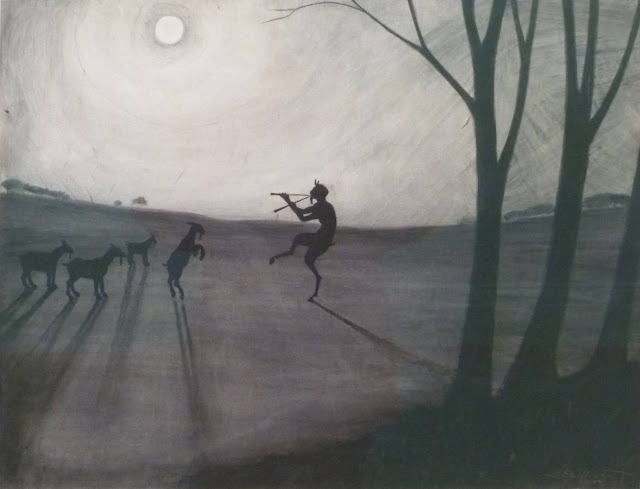Five Puerto Rican Artists You Should Know
The island of Puerto Rico has a long and vibrant artistic tradition. Western, Indigenous, and African cultures have all left their mark on Puerto Rican art, creating a colorful and unique visual legacy. While Puerto Rican artists have demonstrated their excellence throughout the years— from the creators of the captivating Taino petroglyphs to the sophisticated and subtle works of the Modernist painters—Puerto Rican art has received little attention from art historians and the wider art world.
Here are five underappreciated Puerto Rican artists that you should know:
1. José Campeche
Here are five underappreciated Puerto Rican artists that you should know:
1. José Campeche
José Campeche is often known as the first Puerto Rican painter in the Western history of fine arts. He was primarily known for his religious paintings and his portraits of elite Puerto Ricans, and today his work is recognized as some of the finest examples of Rococo art produced in the Americas. Campeche’s personal story is also inspiring. The son of a slave who had purchased his own freedom, Campeche was among the first artists of Afro-Caribbean ancestry to rise to prominence.
2. Francisco Oller
 |
| Self-portrait by José Campeche Source: Wikimedia Commons |
 |
| The Divine Shepherdess by José Campeche Source: Philadelphia Museum of Art |
2. Francisco Oller
Francisco Oller was one of the most influential and important Latin American artists of the nineteenth century. Educated in France, he was one of the early pioneers of the Impressionist movement. He was also a leading figure in the Realism movement and brought both styles home with him when he returned to Puerto Rico. Oller’s work has long been recognized for its excellence, and his most famous painting El Velorio—which depicts the wake of a dead infant—is considered to be one of Puerto Rico’s national treasures.
3. Miguel Pou
 |
| El Velorio by Francisco Oller Source: Wikimedia Commons |
 |
| Paul Cézanne Painting Out of Doors by Francisco Oller Source: Brooklyn Museum |
 |
| Still Life with Coconuts Source: Brooklyn Museum |
3. Miguel Pou
Along with Francisco Oller and José Campeche, Miguel Pou is often considered to be one of Puerto Rico’s great masters. Pou is known for his impressionistic style, which he often used to portray the daily lives of everyday Puerto Ricans. Today, his work is recognized for preserving the culture and spirit of Puerto Rico in the early twentieth century, and his art remains an important touchstone for modern Puerto Ricans. Pou, who founded an art school in the city of Ponce, is also responsible for educating and inspiring many of the finest minds in Puerto Rican art.
4. Myrna Báez
 |
| La Promesa by Miguel Pou Source: Museo de Arte de Puerto Rico |
 |
| Mi Hijo Jaime by Miguel Pou Source: Museo de Arte de Puerto Rico |
4. Myrna Báez
Puerto Rico has a rich and vibrant legacy of modernist art. While many artists have risen to prominence in this movement, the work of Myrna Báez stands out as some of the finest examples of Puerto Rican modernism. Báez studied in Spain and was heavily influenced by impressionism and surrealism; there are even elements of cubism in her style. Her paintings betray a particular interest in light and color, which she uses to explore the psychological landscape of Caribbean life. Báez was also a leading voice in the Puerto Rican independence movement, a supporter of women’s rights, and an important advocate for art education.
5. Rafael Tufiño
 |
| Platanal Source: Smithsonian American Art Museum |
 |
| Portrait of a Dream by Myrna Báez Source: Museo de Arte de Puerto Rico |
5. Rafael Tufiño
Known as the painter of the people, Rafael Tufiño was one of the finest Puerto Rican painters of the twentieth century and a leader in the island’s Generación de los Cincuentas, a group of artists that worked to develop a new visual identity for Puerto Rico. Tufiño is perhaps best known for his illustrations of plenas ( Puerto Rican folk songs) and for his work in portraying Puerto Rico’s underrepresented agricultural workers. He is also well-known as an outspoken voice for social justice and an advocate for impoverished communities.
 |
| Mural la Plena by Rafael Tufiño Source: Museo de Arte de Puerto Rico |
 |
| El Café by Rafael Tufiño Source: Museo de Arte de Puerto Rico |


Comments
Post a Comment